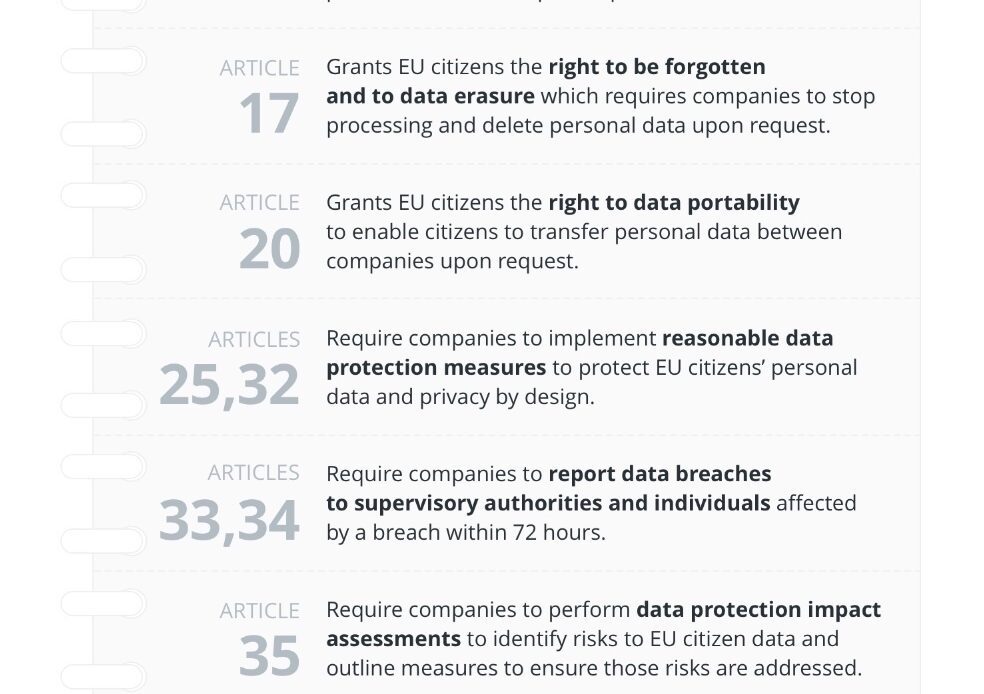With public trust in large tech companies at an all-time low, Congress is once again considering comprehensive data privacy legislation. But the rise of blockchain technologies and the nascent decentralized web mean that these comprehensive proposals are already behind the times. Without major revisions, these legislative proposals risk strangling decentralizing technologies in the cradle.
The 118th Congress has held many hearings on data privacy, and it is crucial that lawmakers consider how their proposals might impact technological innovation. In order to properly balance conflicts between individuals’ right to control their information and the necessity of innovation, lawmakers should abandon one-size-fits-all proposals in favor of the time-tested, sectoral approach to data privacy.
While there are several comprehensive data privacy bills floating around Capitol Hill, the one that has the most momentum is the American Data Privacy Protection Act (ADPPA). This bill would strictly govern how companies collect, process or transfer user data by requiring companies to minimize data collection and grant consumers the right to opt out of data collection, among other things.
Related: Did regulators intentionally cause a run on banks?
The ADPPA is a well-intentioned piece of legislation designed to give consumers more control over their information. The bill also reflects the desire of many lawmakers to avoid a patchwork approach to data privacy by creating a national standard of comprehensive privacy protections.
Unfortunately, when it comes to data privacy rules, the past is prologue. Similar approaches to comprehensive data privacy protections have failed to account for nascent technologies, such as blockchain networks, significantly chilling innovation. For evidence of this, look no further than the European Union’s General Data Privacy Regulation (GDPR).
In addition to inhibiting investment and innovation in traditional tech industries, the GDPR is wholly incompatible with decentralizing technologies like blockchains that lack centralized controllers. In fact, the European Parliamentary Research Service admitted as much in a 2019 report. One of the biggest incongruities between the GDPR and blockchain technologies is the question of what entity is being regulated.
Among more traditional internet companies, it is relatively easy to determine who is collecting, processing and transferring data because they are usually centralized. In a decentralized…
Click Here to Read the Full Original Article at Cointelegraph.com News…
























